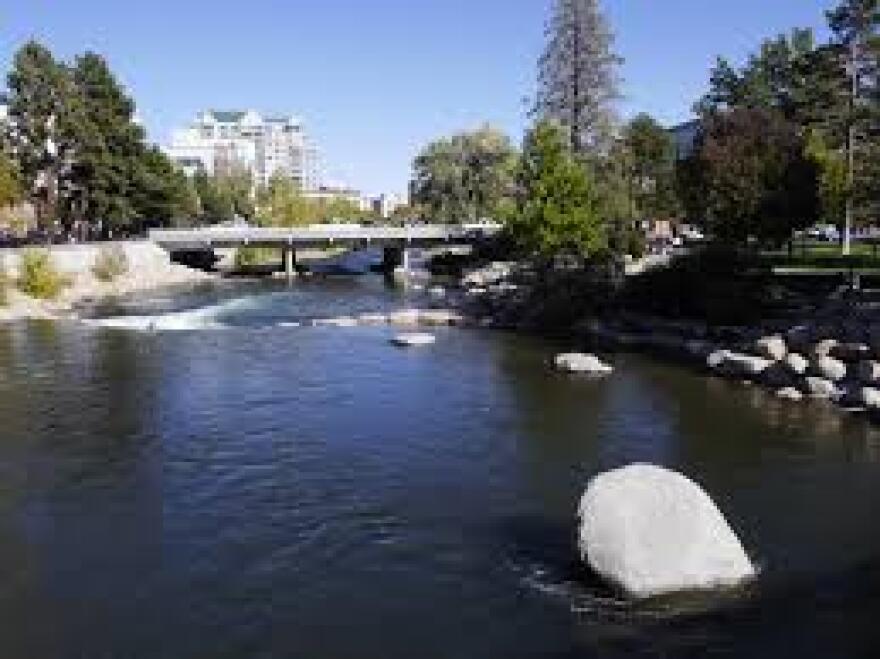UNR and DRI researchers in Northern Nevada are launching a broad effort to better predict and prepare for severe drought and climate change.
While many places are feeling the impacts of climate change, Western Nevada and the Sierra make a good case study. For one, the trends in temperature change here track almost exactly with the global ones. Along with that, Maureen McCarthy, a UNR researcher, says our desert environment, fed by snowfall in the mountains, is one of the most vulnerable to climate change.
“Most of our snowfall falls within about 2 degrees of freezing, so as our temperatures increase, in particular as our nighttime temperatures increase, we run the risk of having what’s happened the last few years: that instead of getting massive amounts of snow, we start to get precipitation in the winter in the form of rain.”
Or the snow doesn’t pack the way we’re used to and then doesn’t runoff in a predictable way. McCarthy and her colleagues from DRI and the U.S. Geological Survey will be modeling different drought scenarios, speaking with tribes and other community members and figuring out how to be more drought resilient. The Truckee and Carson River systems can act as examples for other communities, like those in India that rely on snowmelt from the Himalayas.
Greg Pohll, who’s a hydrologist with the Desert Research Institute, says they want to understand how pulling more water from the Truckee could have other consequences.
“If, for example, the amount of water coming down the Truckee River were to change, to decrease in the future. They might increase the amount of groundwater pumping in the Truckee Meadows and then that would, perhaps, pull more water from the Truckee River into the aquifer . So we have to understand those feedbacks."
With this 3.8 million dollar grant, they hope to produce concrete policy recommendations for ensuring Nevada has enough water down the road.



